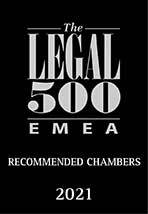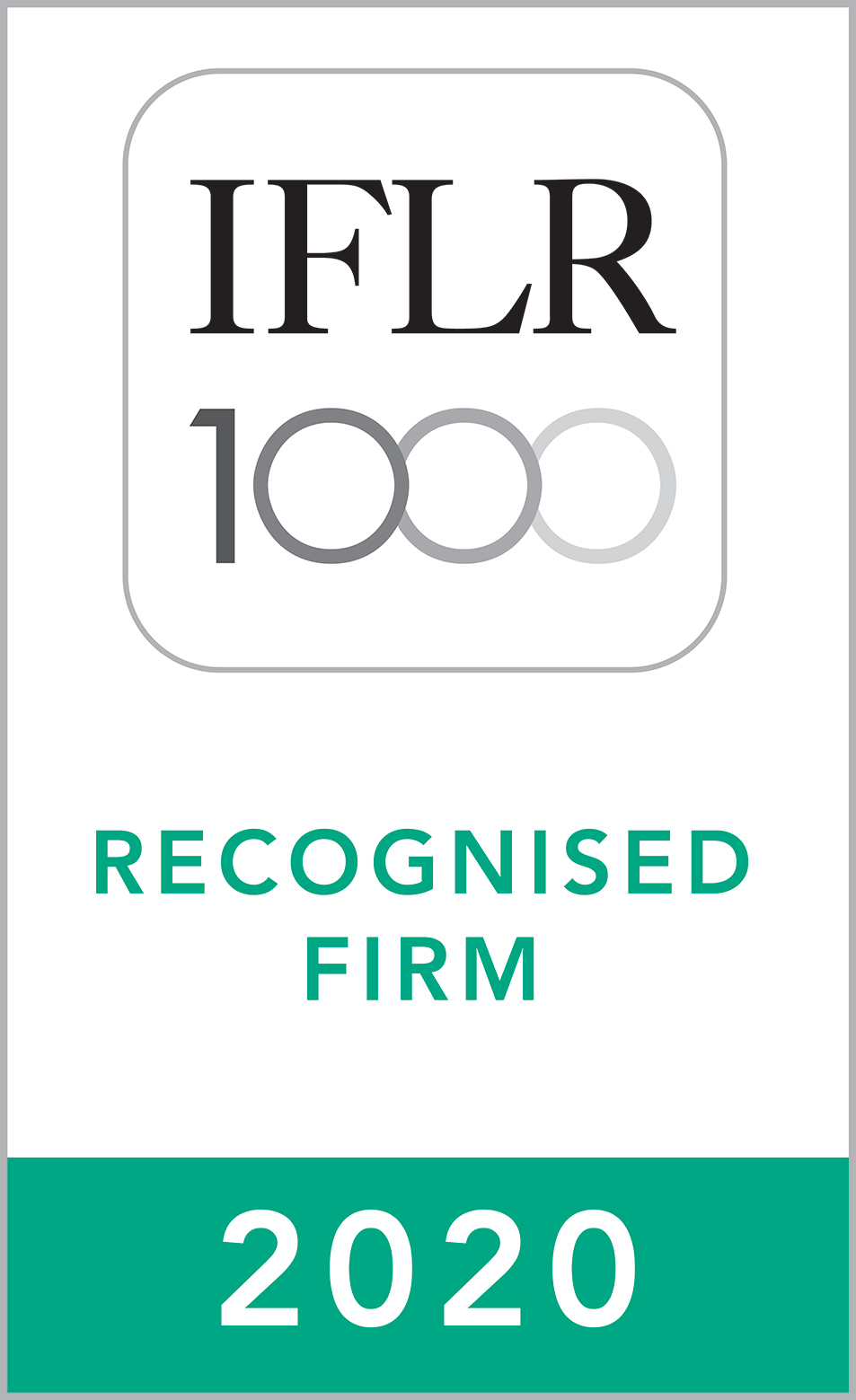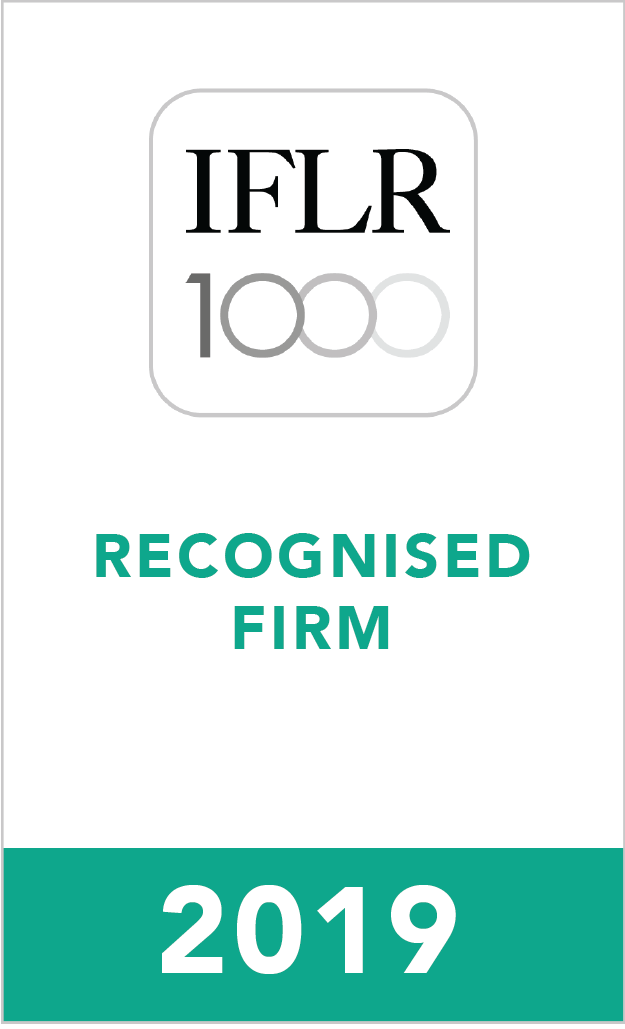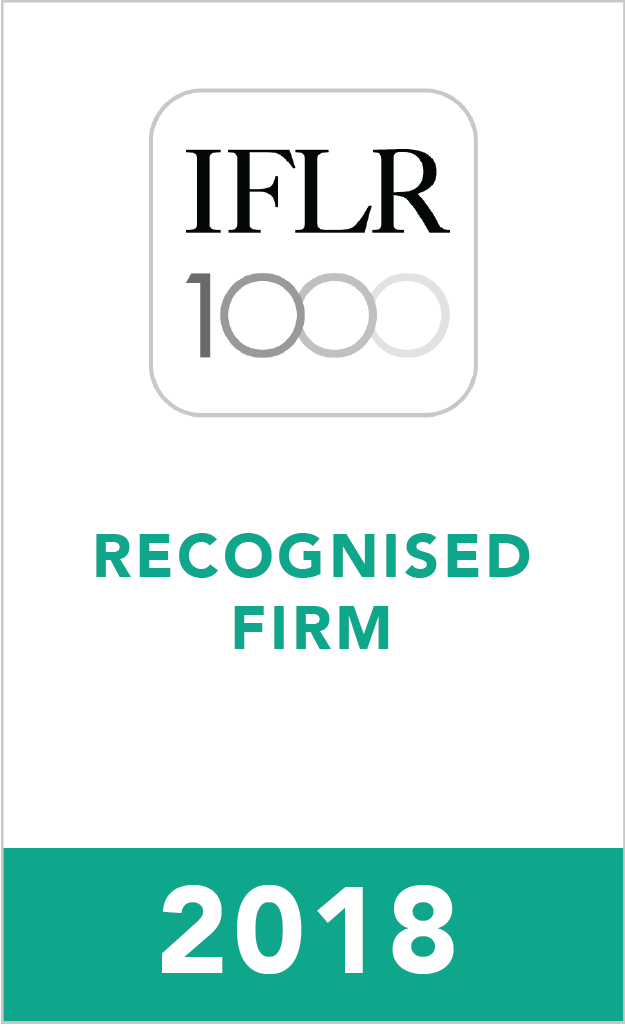Introduction
On almost every street in Lagos — and indeed across Nigeria — you will find a sign that reads “POS services here.” Someone usually sits behind that sign and the person and or business is authorised by a bank or licensed financial institution[1] to provide basic financial services to customers. These service providers, known as Agents handle cash deposits and withdrawals, bill payments, and fund transfers, often serving communities where banks have little or no physical presence. In many cases, they operate under a superior, described as a Super Agent[2]. This Super Agent is a licensed entity that recruits and manages the service providers (the multiple Agents). This service, in practical terms is what is known as Agent Banking.
On 6th October 2025, the Central Bank of Nigeria (the “CBN”) issued fresh guidelines to regulate agent banking operations. These new guidelines are known as the “Guidelines for the operations of Agent Banking[3] in Nigeria” (the “Guidelines”). They took immediate effect, except for the provisions relating to location and exclusivity, which become effective from 1st April 2026.
This is significant step by the CBN towards consolidating the regulatory framework for Agent Banking in Nigeria. It has replaced the Guidelines for the Regulation of Agent Banking and Agent Banking Relationships in Nigeria (2013) and the Regulatory Framework for Licensing Super Agents in Nigeria (2015) (together, the “Previous Guidelines”). Accordingly, the CBN has introduced a more comprehensive framework reflecting the evolving scope and sophistication of Nigeria’s Agent Banking ecosystem.
In this article, we examine the key innovations introduced by the CBN and the practical and regulatory implications for the men and women sitting in front or behind banners that read “POS services here”.
- Permissible and Non-Permissible Activities
The CBN has now set out the range of activities Agents can and cannot perform.[4] These include cash deposits and withdrawals, bill payments, Naira fund transfers, and account balance enquiries — all of which align with what most PoS operators already provide. However, some activities which the CBN previously permitted are now prohibited. The PoS operator can no longer collect or submit account-opening documentation or accept loan repayments on behalf of financial institutions.
The CBN also expanded the list of non-permissible activities.[5] First, Super Agents, previously authorised to carry out the dual role of an Agent and Super Agent are now explicitly prohibited from conducting Agent Banking activities. Second, using non-human or automated machines as Agents is prohibited. This essentially preserves the human-interface element essential for customer verification and trust in financial inclusion channels.
- Exclusivity of Agent/Principal Relationship
A key novelty introduced by the Guidelines is the exclusivity between an Agent and his Principal.[6] An Agent can now only engage with one Principal and belong to the network of only one Super Agent at any given time. Principals however, remain free to appoint multiple Agents.
Whilst Agents could previously serve multiple financial institutions concurrently, this new exclusivity requirement is designed to enhance supervisory clarity and contractual accountability by ensuring every Agent is tied to a single Principal.
- Method of Appointment of Agents/Types of Agents
The CBN has also introduced a new framework for appointing Agents, distinguishing between direct and indirect appointments.[7] Direct appointments occur when a Principal engages the Agent without an intermediary, whilst indirect appointments are where the Principal engages a licensed Super Agent, who then recruits and manages individual Agents under its network.
A particularly notable innovation under the Guidelines is the recognition of individuals as eligible Agents.[8] Unlike the Previous Guidelines, individuals may now be appointed directly as Agents, provided they meet the prescribed eligibility and due diligence requirements. However, such individuals are prohibited from appointing or managing other Agents or maintaining an Agent network under them.
- Responsibilities of Agents, Super Agents & Principals
The CBN has strengthened the accountability framework governing Principals and Agents, introducing direct compliance and operational responsibilities for Agents.[9] Unlike the Previous Guidelines, which placed primary oversight obligations on Principals and Super Agents, the CBN has now established a three-tier responsibility structure making Agents accountable for their conduct and operational integrity.
Agents must keep all transaction data and records, protect the devices used for their operations, and carry out all transactions within the geographical area approved for their operations. The records kept must be accurate, and these Agents must adhere to prescribed transaction limits, and promptly report suspicious or irregular activity to their Principals.
Principals, on the other hand, retain overall responsibility for their Agents’ conduct. They must verify that all PoS terminals used at their Agents’ locations accept cards issued by Nigerian banks, notify the CBN of any relocation or closure of Agent outlets and ensure Agent banking services are clearly separated from merchant activities.
- Responsibilities of the Payments Terminal Service Aggregators (PTSAs)
With this new Guidelines, PTSAs are primarily responsible for the registration, monitoring, and regulatory compliance of all PoS terminals deployed within their Agent networks.[10] In particular, PTSAs must register all PoS terminals used by Agents on their platforms. This is to enable geo-fencing or geo-location functionalities that allow for real-time monitoring of PoS deployment and operations. In addition, PTSAs must submit monthly reports to the CBN showing transactions and returns on registered PoS terminals, Agents, and Super Agents within their networks.
- Consumer Protection Measures
With a view to strengthening customer protection and complaint management mechanisms, all customer complaints must now be resolved within seven (7) days — this used to be fourteen (14) days.[11] In addition, Principals and Super Agents must maintain clear complaint channels and ensure timely escalation of unresolved disputes.
- Dedicated Agent Accounts
To enhance transparency and strengthen transaction monitoring, the concept of “Dedicated Agent Accounts” has been introduced.[12] Each Agent is required to conduct all Agent Banking transactions exclusively through a Dedicated Account or wallet opened with its Principal. And all deployed payment terminals, including PoS devices, must be linked to this account to ensure proper traceability of transactions.
- Operational and Transactional Limits
Unlike before, Agent Banking services now have clear transaction limits. This is to promote transparency, mitigate risks, and ensure consistency across agent networks.[13]
These limits are as follows:
| S/N | Customer Transactions (Per Customer) | Daily (N) | Weekly (N) |
| 1 | Cash-in (deposit) | 100,000 | 500,000 |
| 2 | Cash-out (withdrawal) | 100,000 | 500,000 |
| 3 | Bill Payment | 100,000 | 100,000 |
Principals must ensure their Agents comply with these thresholds. They must also ensure each Agent’s daily cumulative withdrawal limit does not exceed ₦1, 200, 000.00.[14]
In addition, the CBN now requires that all devices provided to Agents for Agent Banking be geo-fenced or tagged to operate strictly within the registered business premises or approved location of the Agent.[15] This means that Agents can no longer operate outside of their approved location.
- Administrative Sanctions
The most striking regulatory shift is the introduction of explicit and quantifiable sanctions for non-compliance. Under the Previous Guidelines, penalties were largely discretionary.
Now, the CBN has specified the minimum fines and corrective actions for a wide range of offences[16] — from operating without a valid Super Agent licence to submitting false information to the CBN. For instance, operating without a Super Agent licence attracts a minimum fine of ₦10, 000, 000.00 (Ten Million Naira), plus ₦200,000.00 (Two Hundred Thousand Naira) for each day the violation continues.[17]
Conclusion
By consolidating past directives and introducing clearer compliance parameters, the CBN has introduced better structure and a transparent approach to Agent Banking operations.
For Principals, the Guidelines impose stricter oversight obligations, including formalised contractual arrangements and continuous monitoring of Agent activities. Agents now operate under direct accountability, with clear limits on permissible activities, the use of Dedicated Agent Accounts, and obligations relating to data protection, confidentiality, and transaction traceability. PTSAs, on the other hand, play a crucial technological role in enforcing geo-fencing requirements, and ensuring PoS device registration.
Through these measures, coupled with explicit sanctions for non-compliance, the CBN has established a more robust, accountable and risk-sensitive operational model for Agent Banking. Stakeholders who proactively align their processes, training, and technology systems with these new standards can only strengthen public confidence in their services.
[1] A Principal is a duly licensed deposit-taking financial institution, authorized to carry out Agent banking activities pursuant to its licence category.
[2] A Super Agent is an incorporated entity licensed by the CBN to carry out the sole permissible activity of recruiting, aggregating and managing Agents.
[3] Agent Banking is the provision of financial services by a third party to customers on behalf of a licensed deposit-taking financial institution.
[4] Article 3.1 of the Guidelines for the operations of Agent Banking in Nigeria, 2025.
[5] Article 3.2
[6] Article 4.2 and 4.3
[7] Article 5
[8] Article 6
[9] Article 9
[10] Article 9.4
[11] Article 10.9
[12] Article 10.1
[13] Article 11
[14] The CBN may review these limits periodically in accordance with the Guide to Charges for Banks and Other Financial Institutions in Nigeria.
[15] Article 11(v)
[16] Appendix I
[17] The fines set out in the Guidelines are stated as minimum thresholds. The CBN retains discretion to impose higher penalties or other sanctions, depending on the nature and severity of each infraction.












